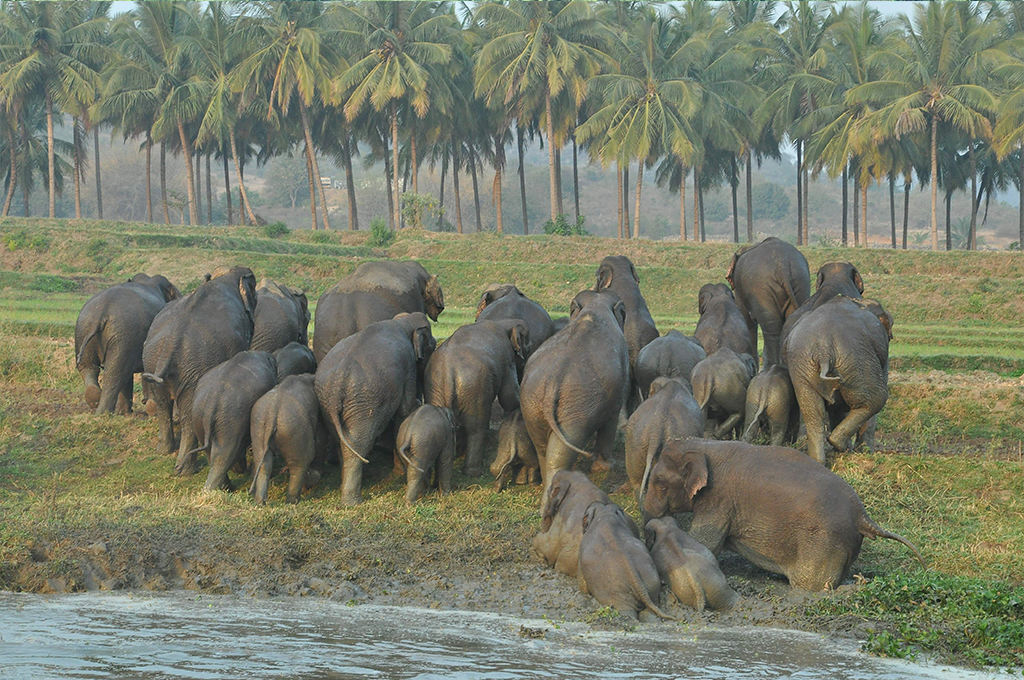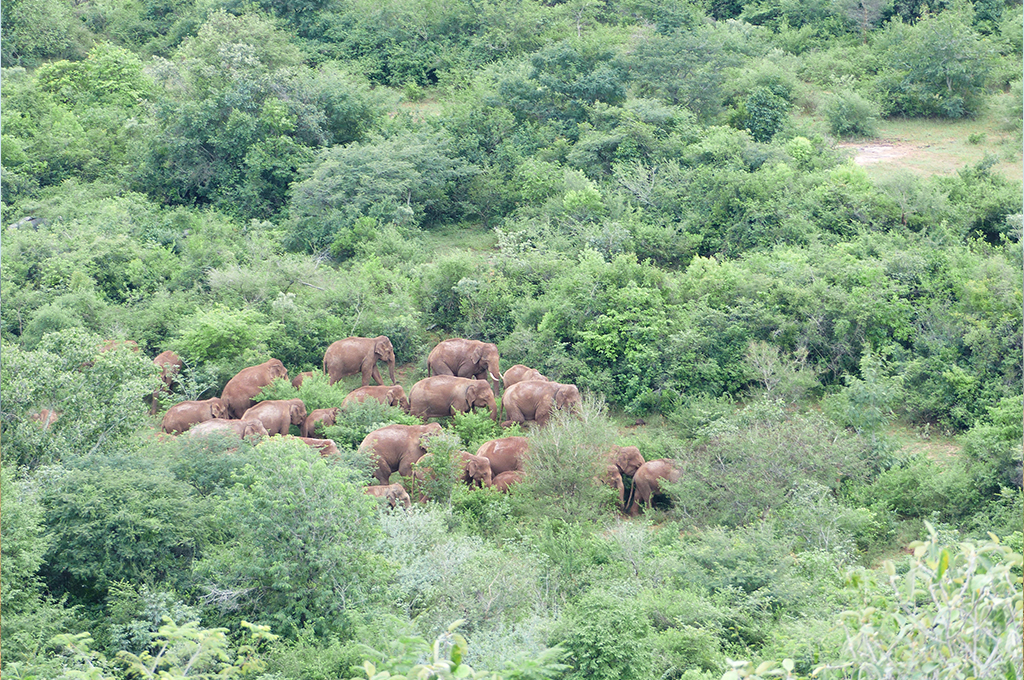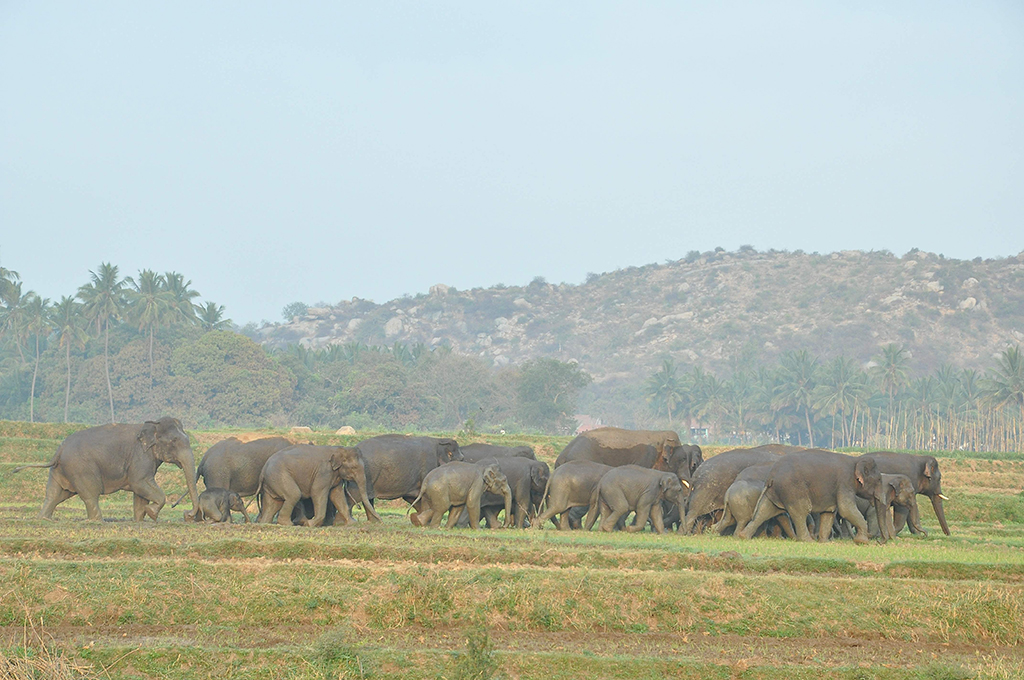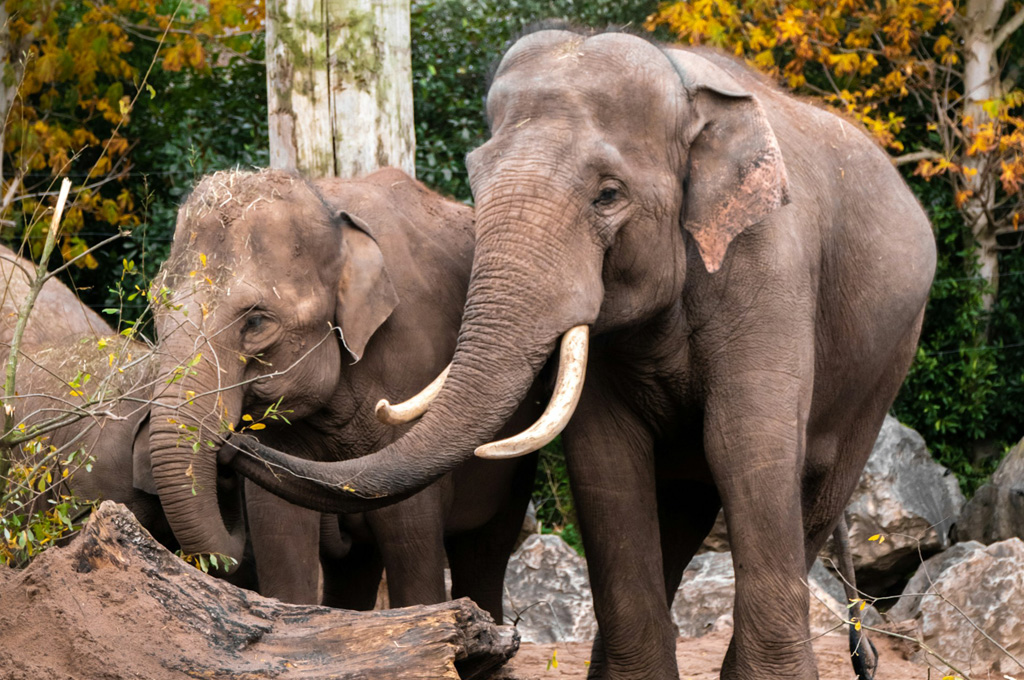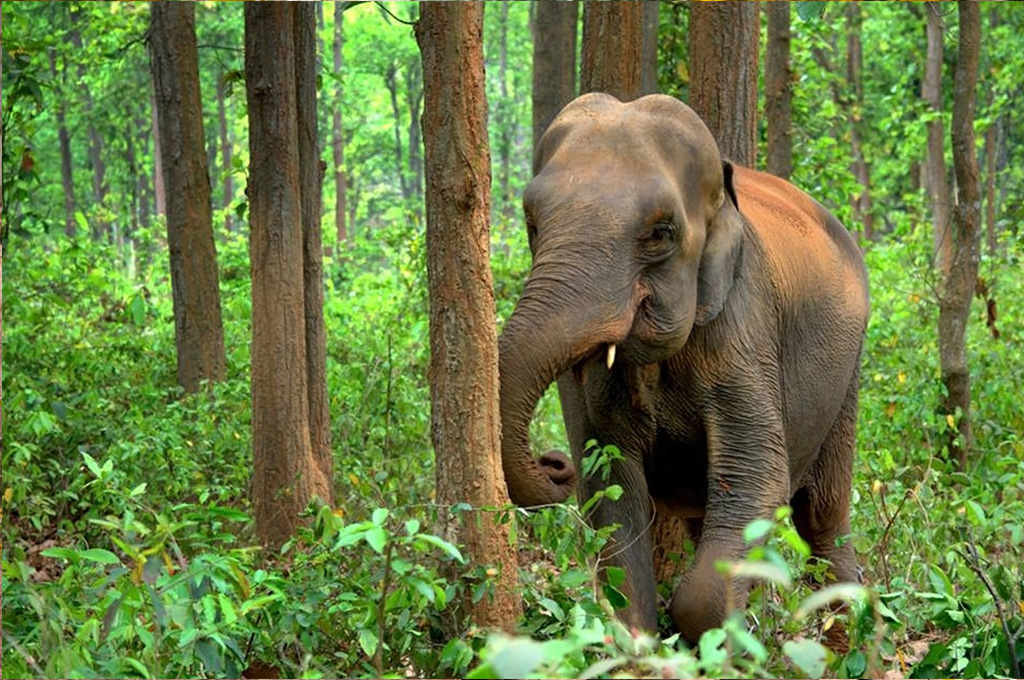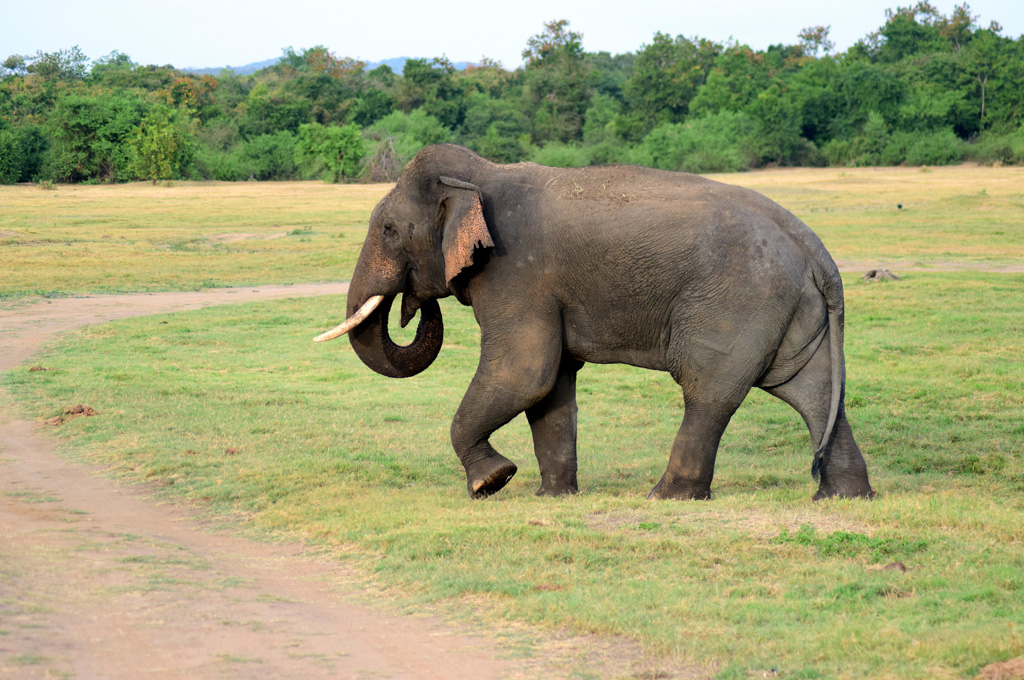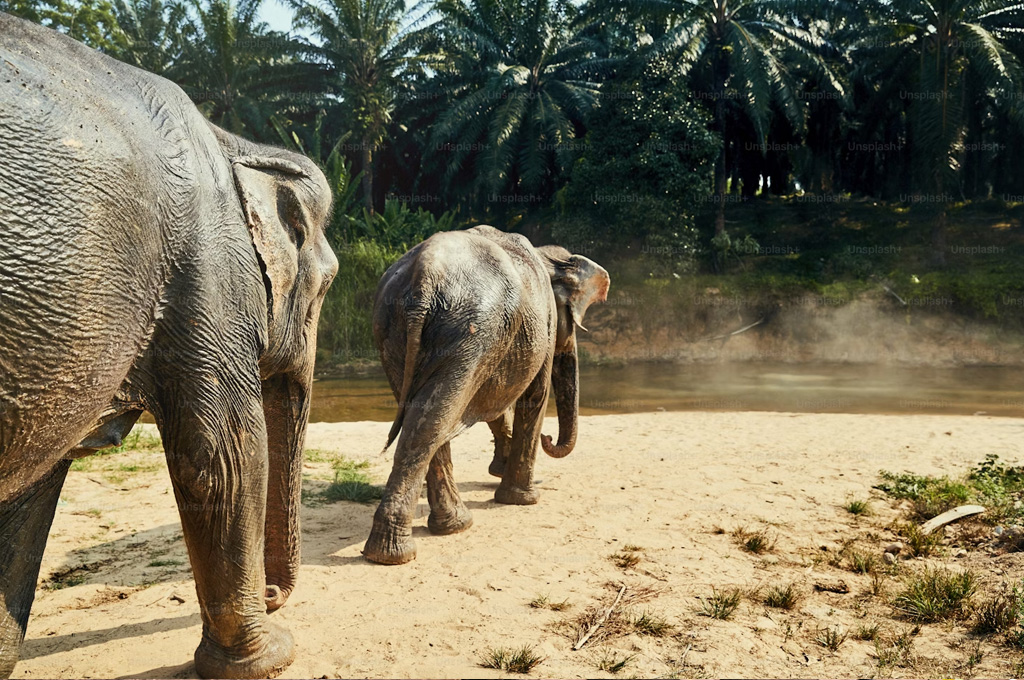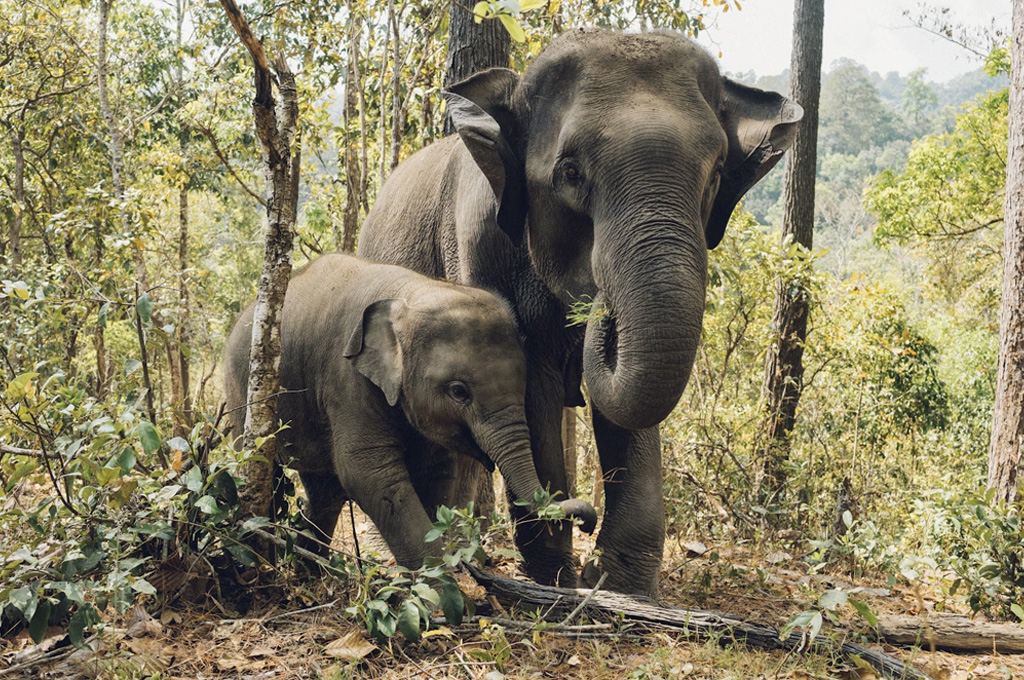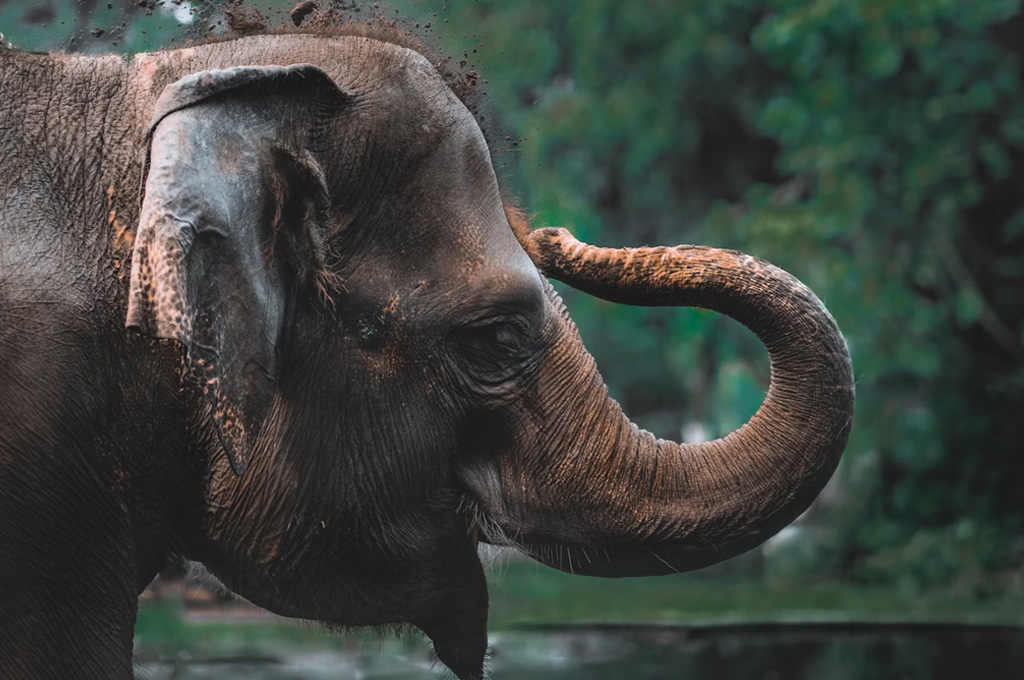Asian elephants live in the tropical forests and grasslands of Southeast Asia. The Asian Elephants has been classified as “Endangered” by the International Union for Conservation of Nature listed in Schedule – I of the Indian Wildlife Protection Act (1972). Elephants are 'mega-herbivores' that require vast tracts of natural habitat such as forests and grasslands rich in food, water and shade. In the past Asian elephants ranged over a large area of the Indian subcontinent. However, its movement is now restricted to four discontinuous distributions (North, North East, Central, and Southern India).
In recent times, instances of people and elephants coming into conflict has increased, resulting in violence, and ultimately, the displacement of elephants. Conflicts like crop damages, property damages, human casualties, etc. Asian elephants are threatened by forest destruction and population fragmentation, due to agricultural expansion and infrastructure development. Other threats to their survival include targeted and opportunistic poaching for their tusks, as well as the trafficking of live elephants for captive entertainment purposes.
In order to mitigate conflict between elephant and humans,
the Tamil Nadu Forest Department has taken various preventive
and mitigation measures like formation of Elephant Proof Trenches,
Solar Fence, Stone wall fence, Steel wire rope fence,
Solar powered steel wire rope fence and Hanging solar fence and
engagement of Anti-Poaching Watchers for elephant driving.
Forest department has constructed several artificial waterholes,
Check dams, Percolation Ponds to provide water facilities to animals inside forest











